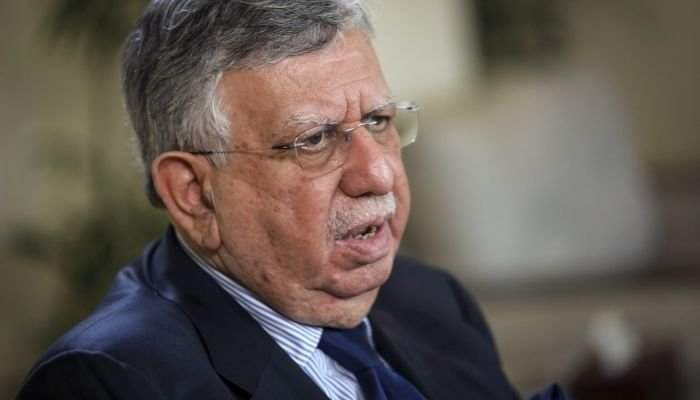Pakistan’s Finance Minister Shaukat Tarin, who negotiated the final tranche of the country’s current IMF loan, is aiming for a budget deficit of 5% -5.25% of the gross domestic product in the fiscal year beginning July 1, down from the current 6.1%, and for a boost in economic growth to 6% from 5%, international business news agency Bloomberg reported.
In an interview in Islamabad with Bloomberg, Tarin said, “I think this programme should be enough”. He added that if we start generating 5%-6% balanced growth, which means sustainable growth, then he didn’t think they need another IMF programmed.
The promise to an IMF-free future comes as the lender agreed this week to restart a $6 billion loan programme that had been halted since 2019 due to Pakistan’s failure to meet loan requirements, it reported.
Tarin told the business news agency that Prime Minister Imran Khan has been a vociferous critic of IMF bailouts, stating that the begging bowl needed to be broken” if Pakistan is to earn international respect. On its approach to becoming self-sufficient in terms of IMF assistance, the country also favours bilateral loans or commercial borrowings that do not entail austerity requirements.
Tarin also stated in the interview that he intends to issue $1 billion in March through an ESG-compliant Eurobond, which would follow a similar amount of Sukuk last week.
According to the report, Tarin said that the first step towards halting Pakistan’s boom-bust cycle is to improve exports. The central bank provided low-interest loans to manufacturers, and energy tariffs were brought in accordance with regional standards. Textile shipments — which account for more than half of total exports — are expected to increase 40% this year to a record $21 billion and further to $26 billion next year, according to PM Khan’s trade adviser.
Additionally, Pakistan intends to offer similar incentives to the technology sector in order to capitalise on a global wave of venture capital interest in startups. Tarin estimated that the measures would be presented in roughly a month.
Since his April 2021 appointment, Tarin has renegotiated several of the IMF’s financial terms, including a lower increase in utility costs and a lower tax mop-up than the lender had earlier demanded.
The government has implemented several of the structural prerequisites, including boosting the central bank’s authority and ending deficit monetization. Tarin, like his predecessors, has been unable to considerably expand Pakistan’s revenue base or sell loss-making state-owned enterprises, the report stated.
Tarin told Bloomberg that previous governments accepted IMF conditions in the short term, but when the programme ends, policymakers revert to profligacy. Rather than that, he said that the following budget would “control our expenses”
“We are trying to now take those steps, which are going to put this economy on an inclusive and sustainable growth path,” Tarin explained. “Once it gathers momentum and is sustainable, then I think we will probably see 20-30 years of growth.”
The International Monetary Fund’s (IMF) Executive Board has approved the $1 billion loan tranche of their programme for Pakistan, Geo News reported on Wednesday.
Taking to Twitter, Federal Minister for Finance and Revenue Shaukat Tarin confirmed the news.
“I am pleased to announce that IMF Board has approved 6th tranche of their programme for Pakistan,” he wrote.
The IMF’s Executive Board held a meeting on Wednesday in Washington DC to consider Pakistan’s request for completion of the sixth review and release of a $1 billion tranche under the Extended Fund Facility (EFF).
In order to meet another condition of the IMF, the government had successfully managed to get the State Bank (Amendment) Bill, 2021, cleared from the Upper House of Parliament — which was the last stumbling block in reviving the stalled programme.
Following the clearance of the bill, all prior conditions of the Fund had been fulfilled by Pakistan, including the approval of the mini-budget and SBP bill.
Keeping in view the requests from Pakistan, the IMF had postponed its Executive Board meetings thrice last month.
The IMF board meeting was postponed last time from January 28 to February 2, 2022. The loan programme had been stalled since April 2021.
Meanwhile, the next review (seventh) under the $6 billion EFF programme will be due in April 2022. The last and final eighth review is expected to be done in September 2022.

